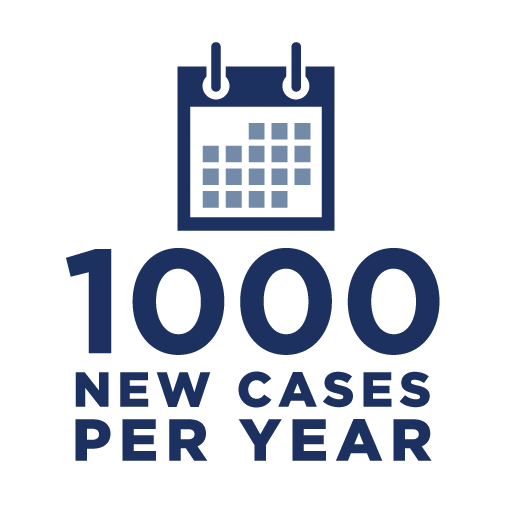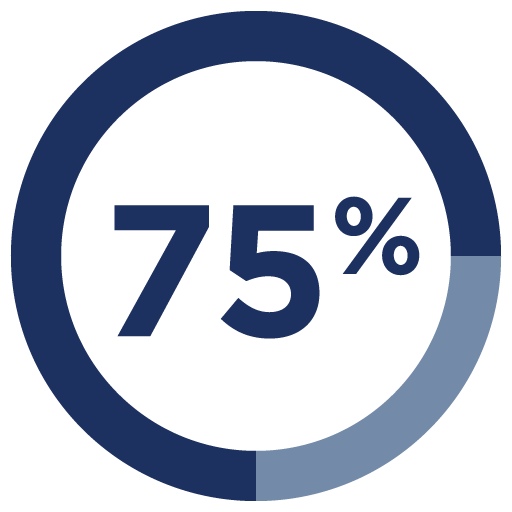What is Cystic Fibrosis?
Cystic Fibrosis is an inherited condition that impacts the respiratory and digestive systems. Cystic fibrosis causes the secretory glands to produce thick and sticky mucus, sweat and digestive fluids. When healthy, these fluids are thin and slippery. In the lungs, the thicker mucus clogs the airways, trapping bacteria. This could lead to lung infection and damage. In some cases, the lungs may fail.
What are the symptoms of Cystic Fibrosis?
The symptoms of cystic fibrosis vary in severity depending on how far the condition has progressed. Common symptoms patients experience include:
- Persistent cough
- Inflamed nasal passes
- Frequent lung infections
- Shortness of breath
- Wheezing that does not respond to asthma therapy
- Recurrent sinus infections
What causes Cystic Fibrosis?
Cystic Fibrosis is a genetic disorder. It is caused by a defective copy of the Cystic Fibrosis Transmembrane Conductance Regulator (CFTR) gene. Every person inherits two CFTR genes- one from each parent. If the child inherits one defective gene from each parent, they will have cystic fibrosis. If the child inherits one defective gene and one normal gene, they are carriers for cystic fibrosis. Carriers may never develop the condition themselves. Carriers may still pass the condition on to their children.
How is Cystic Fibrosis Treated?
Currently there is no cure for cystic fibrosis. However, there are various treatments available to relieve symptoms and reduce complications. Treatments include:
- Medication- Medications help keep the lungs clear, prevent or fight infections and work to correct the underlying cause of the disease. Options include nebulizers, mucus thinners and antibiotics.
- Airway Clearance Techniques- Airway clearance techniques are part of the daily routine for patients with cystic fibrosis. The techniques help clear mucus away from the lungs to improve function and help prevent infection.
- CFTR Modulator Therapy- In some cases, the physician may recommend CFTR Therapy. These therapies correct the protein made by the defective CFTR gene.
How is Cystic Fibrosis Treated?
At Noble Health Services, we offer a variety of medications to help you treat your condition. We help you manage your condition through our Signature Care Program. Our program includes medication delivery, 24/7/365 on-call support, co-pay assistance and more.
For more information on what cystic fibrosis medications we offer, please view the pulmonology enrollment form.
For more information about CF, contact the following resources:
- Cystic Fibrosis Foundation
Phone: 1-800-344-4823
cff.org
Interested in what Noble Health Services can offer you?
Learn More!


